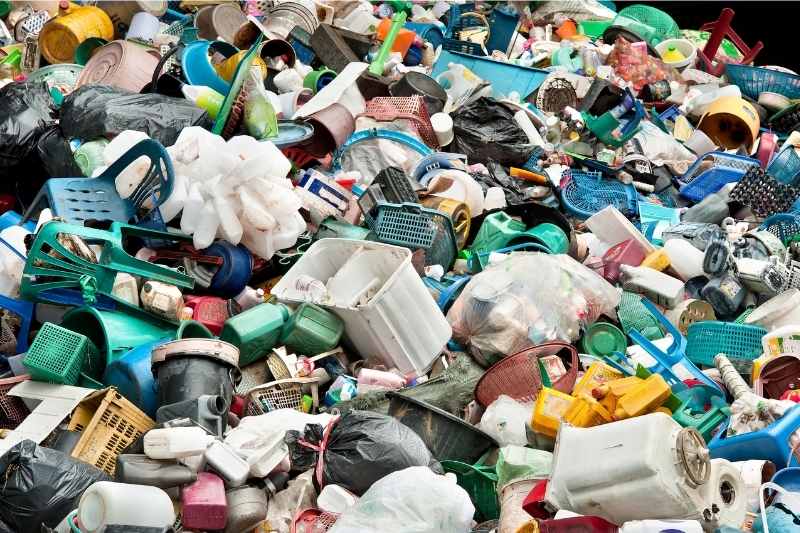Tackling the Food Emissions Crisis
One Planet Life shares Project Drawdown’s webinar on food emissions. Changing the way we handle food waste is a critical climate solution.
Read More
Select Page
One Planet Life shares Project Drawdown’s webinar on food emissions. Changing the way we handle food waste is a critical climate solution.
Read MoreFood systems have a high environmental cost — more than 820 million people go hungry every day and many producers struggle to stay afloat. In high-income countries, 35% of the food is thrown out by consumers. Let’s look at South Korea for inspiration on a food waste recycling solution.
Read MoreReducing household food waste is an easy way for individuals to make a profound difference in the fight against climate change.
Read MoreIn the United States approximately 100 million tons of food waste are generated each year. Food waste seems senseless when nature has such a great way to regenerate the waste into nutrients for the soil. My urban composting journey began with a couple of clicks.
Read More




